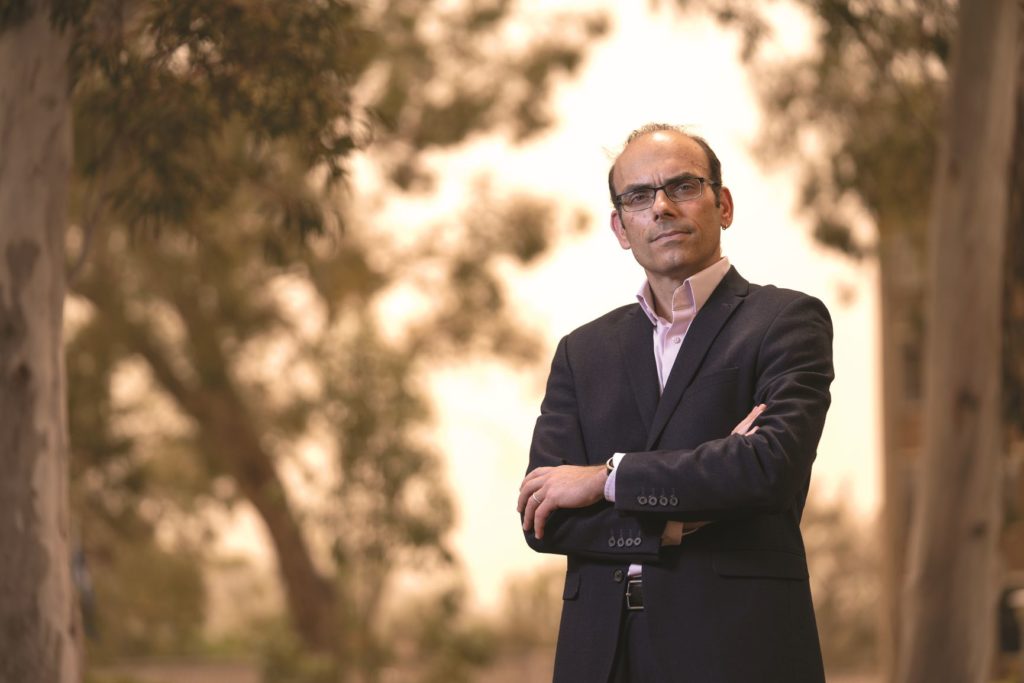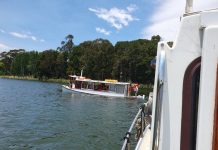The ACT has committed to a whole-of-government strategy on bushfire smoke and air quality, however, experts suggest a national approach would be more beneficial.
On Thursday 13 February, an ACT Greens motion called on the ACT Government to create a whole-of-government strategy on bushfire smoke and air quality in the ACT, to be completed and released before the beginning of the next fire season. The motion received strong tri-partisan support.
ACT Greens leader Shane Rattenbury said “here in Canberra, on several occasions we experienced the worst air quality in the entire world. No-one expected this to happen. Sadly, with climate change a reality, we can’t assume these ‘smokewaves’ will be a one-off”.
“The unprecedented air quality problems have exposed a variety of issues that the ACT Government needs to consider,” he said.
This includes the extent and quality of indoor and outdoor air quality monitoring and data; availability and distribution of face masks; ability of buildings to protect people from smoke; and air quality standards for workers and events.
Professor of Global Environmental Health from the ANU Research School of Population Health, Sotiris Vardoulakis, agreed that there is an urgent need for a health protection strategy for air pollution but a national approach would be best.

“Air pollution doesn’t recognise borders … it makes sense to have consistent messaging and thresholds across jurisdictions,” Professor Sotiris said.
The ACT Government has flagged consideration of air quality standards for workers and events as part of the strategy. Professor Sotiris said at present there is no specific advice for these types of exposure.
“There is currently some ad hoc advice … but again I would say we need consistent advice across jurisdictions to protect workers and sportspeople.”
In terms of what the ACT Government can do, Professor Sotiris suggested “we need real time air pollution information” in addition to more monitoring stations.
“Currently we have three monitoring stations in the ACT. We advocate for more monitoring stations to be established. We realised during the bushfire crisis there were gaps in data of areas not covered.”
Professor Sotiris also advocated for more research into the long-term effects of bushfire smoke exposure; better evidence as to how interventions and advice reduce exposure to air pollution and minimise impacts on health; and, similar to the ‘sun smart’ campaign, for the community to become ‘smoke smart’ and better understand the types of air pollution and how they can impact health.
“It’s likely that we will see more of these events with the current situation of climate change affecting Australia and prolonged drought … these conditions are likely to produce more bushfire events in the future that are going to be more intense and prolonged,” Professor Sotiris said.
“We need to be prepared for those kinds of situations. Business as usual is not an option here.”








